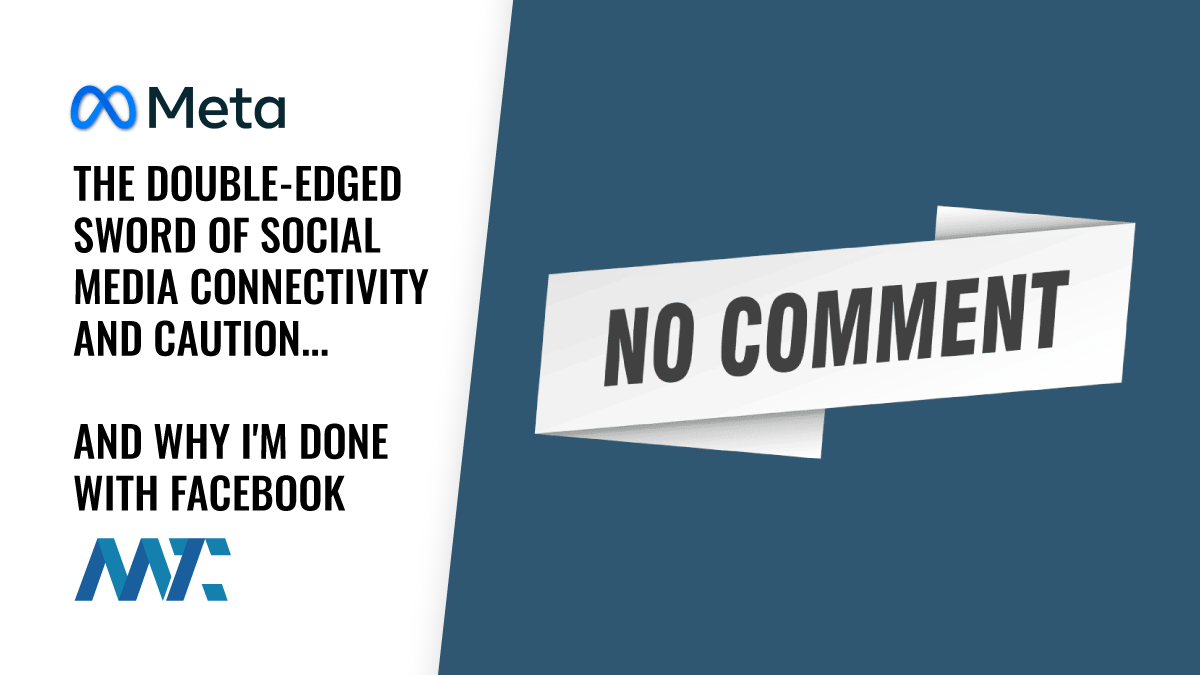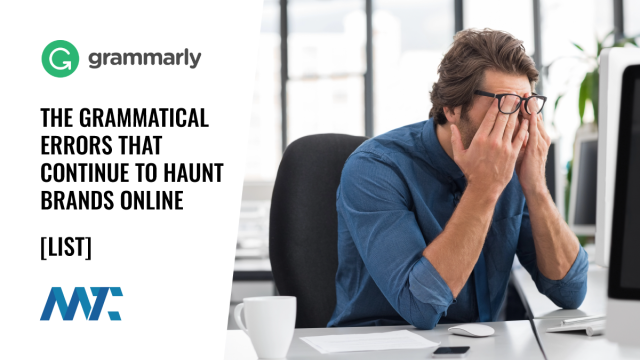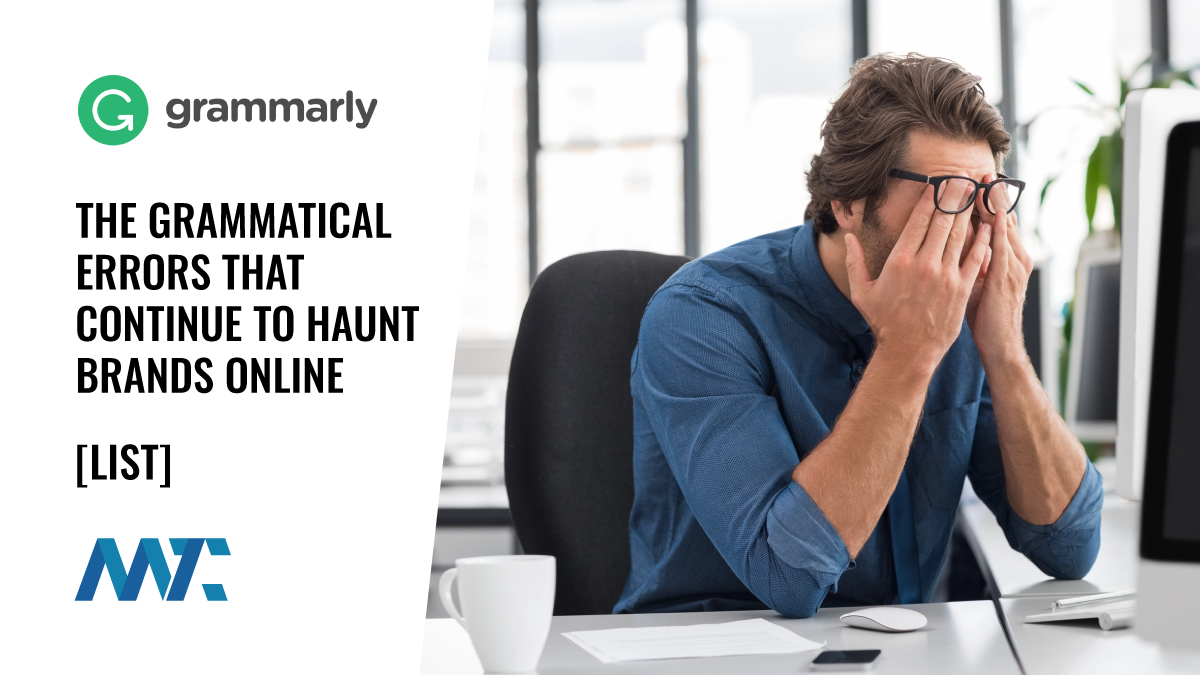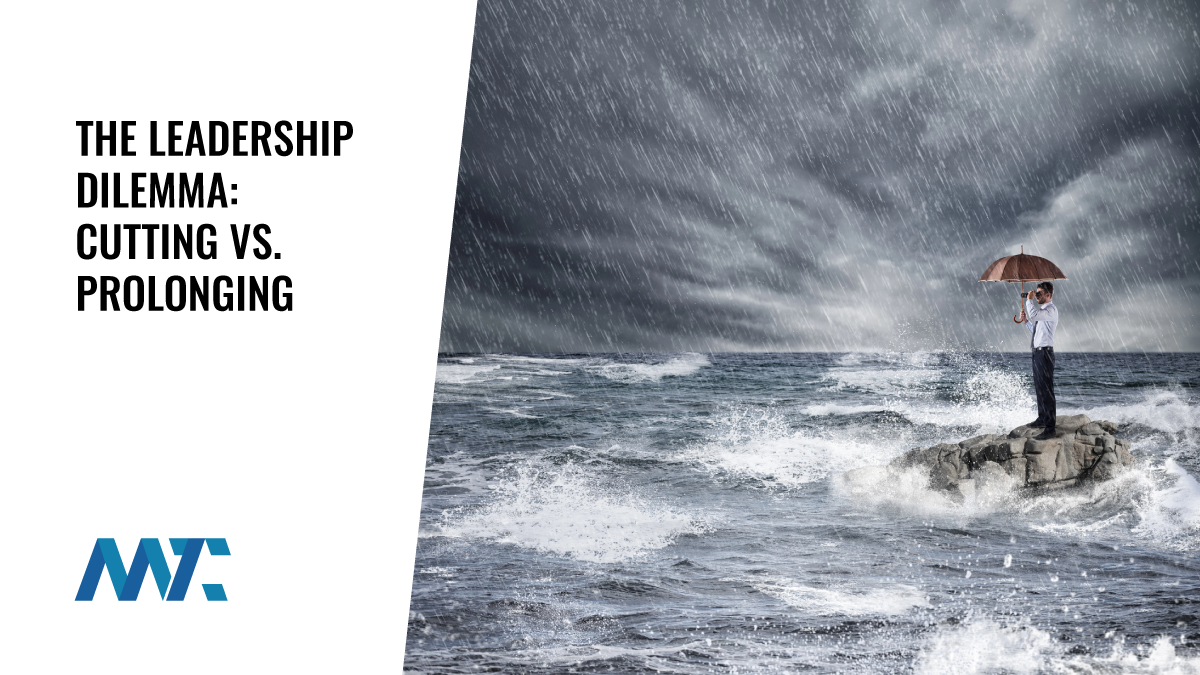When social media emerged, it felt like a revolution for connectivity, culture, and knowledge sharing. It was a virtual melting pot, bringing people from across the globe together in once unimaginable ways. With the tap of a screen, we could experience life in distant cultures, join conversations that transcended language barriers, and access insights that once lay behind institutional walls. This democratization of information was a game-changer, and I was completely bought in. Social media felt like the long-anticipated marketplace of ideas, the ultimate forum for inspiration and knowledge that had historically been reserved for the privileged few.
In the early days, the benefits were clear: a platform for global dialogue, an open stage for personal expression, and a direct line to knowledge on an unprecedented scale. Yet, as the platforms evolved, so did their uses—and, unfortunately, their misuses. What was once a tool for connection has been increasingly harnessed for darker purposes, from surveillance and censorship to fostering divisive rhetoric.
The Promised Potential… and the Emerging Problems
When discussing social media, we often hear proponents praise its power to unify, educate, and provide a channel for free speech. In many ways, it has accomplished exactly that. Social media has played a role in sparking social change, amplifying voices that were once silenced, and expanding access to resources and ideas that can drive personal growth.
Yet, the same features that make social media so impactful also make it vulnerable to abuse. Despotic governments have infiltrated these platforms to spy on citizens, manipulate public opinion, and even punish dissent. Algorithms designed to optimize engagement favor content that triggers strong emotional responses—often prioritizing the provocative over the peaceful. The incentive structures, based on clicks and shares, have become a breeding ground for sensationalism and outrage, diminishing thoughtful discourse and rewarding conflict.
And then there’s the growing prevalence of censorship, which is frequently wielded to shield powerful entities from scrutiny. Instead of encouraging transparency and dialogue, these platforms can be suppression tools, carefully curated to maintain the status quo. At the same time, social media has fostered a culture of self-promotion and comparison, fueling a rise in narcissistic tendencies and affecting the mental health of millions.
Social Media: A Tool, Not a Truth
Just as a knife can prepare a meal or harm another, social media is not inherently good or bad. It’s simply a tool, and its impact on our lives depends on how we wield it. It can facilitate meaningful connections, empower learning, and drive positive social change when used intentionally. But left unchecked, it can also amplify negativity, isolate us, and foster an environment prioritizing division over unity.
Social media requires the same responsibility and intention we would apply to any other powerful tool. As users, we have the power to curate our experiences, seek out content that aligns with our values, and disengage from platforms and conversations that don’t. While this takes effort and discernment, it’s a step we can each take to reclaim social media as a space that reflects our aspirations rather than our anxieties.
Why I’ve Chosen to Step Back
For my part, I’ve largely exited Facebook. I realized that its algorithms often seem engineered to amplify outrage and discord. Rather than fostering meaningful conversations, I found myself scrolling through a negativity stream that left me frustrated and exhausted. The platform that once felt like a gateway to new perspectives had transformed into a place where anger and misinformation were given priority, often at the expense of constructive dialogue.
While I still engage with other social media platforms, I do so with more intention and awareness of the pitfalls. For me, stepping back from Facebook was a decision to reclaim control over how I spend my time and where I direct my attention. Social media still holds immense potential, but like any tool, it requires careful and conscious use to serve as a force for good in our lives.



